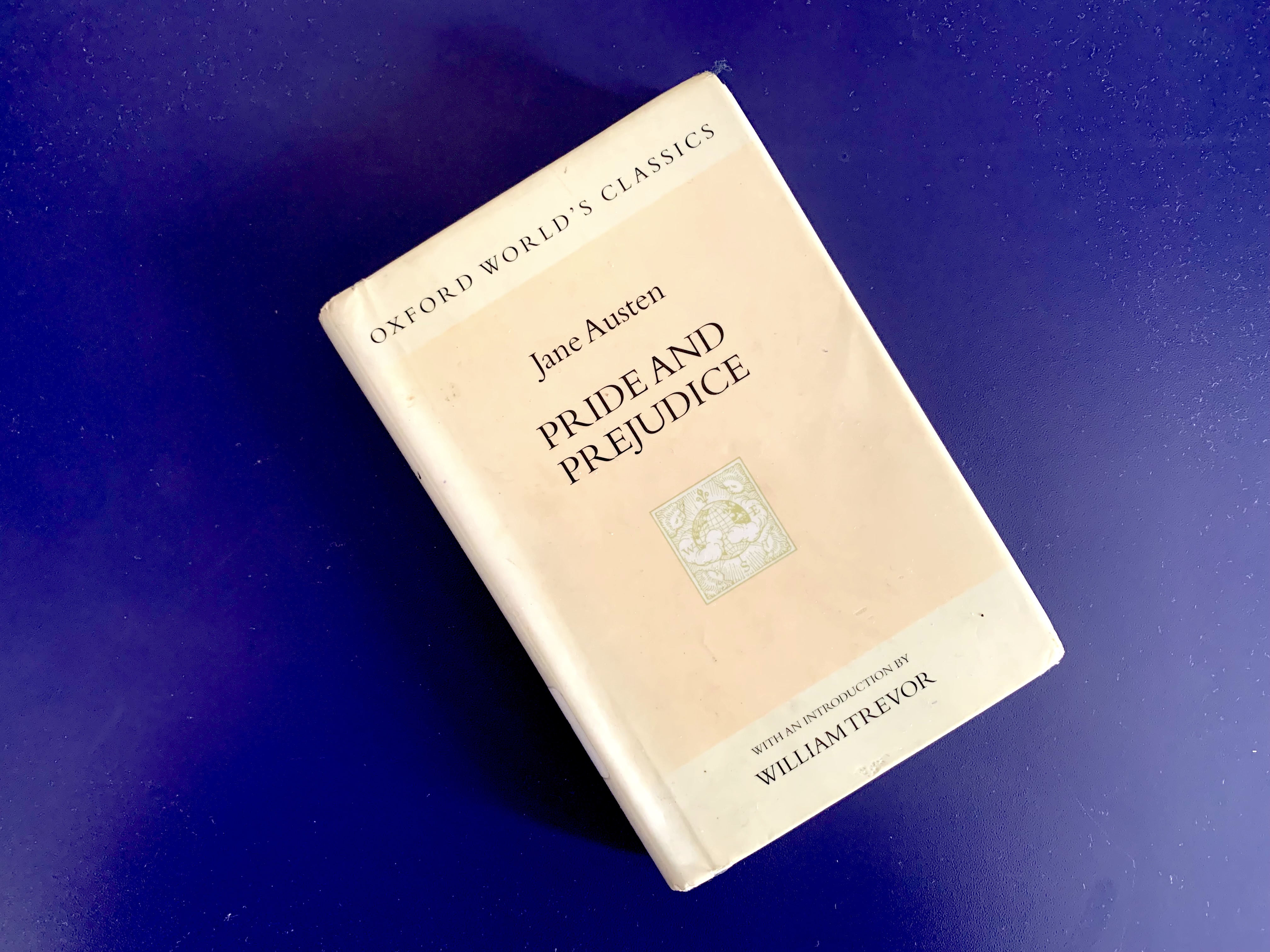In my second year of university, I lived with my friend – let’s call him Steve. Steve would regularly laugh out loud to himself, which I joked with him was a sign of insanity. Laughing, I claimed, is a social construct; to laugh alone, with no one to share the laughter with, defeats the purpose of laughing.
Sorry, Steve. I’m insane, too.
As part of my mission to read twelve classics in twelve months, I recently finished Pride and Prejudice, a book I put off reading for literal years due to my believing that it was essentially bad chick lit set in the 19th century.
I will now eat my words.
If you’re as familiar with the various Pride and Prejudice adaptations as I am (thanks, Mom), you’ll find little to surprise you in the story of Pride and Prejudice. What captivated me and tickled me was Austen’s clear ability to offer commentary on the world around her with enough distance to make me second-guess, occasionally, her living within it. She has an uncanny eye for hypocrisy and manages the perfect balance of immersion within a world and observation of that still-same world.
Also, Elizabeth’s dad is a dry, sarcastic Englishman and it’s just really flipping funny.
